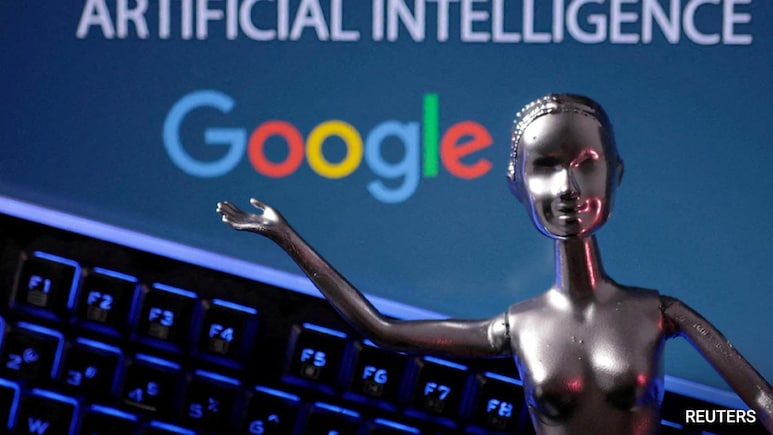
Artificial Intelligence (AI) will soon be part of school curricula from as early as Class 3 and above. The Ministry of Education has announced that AI, along with Computational Thinking (CT), will be taught in all schools beginning academic session 2026-27.
The Department of School Education & Literacy (DoSE&L) described this move to incorporate AI and CT as a key step toward modern learning. The department is collaborating with CBSE, NCERT, Kendriya Vidyalaya Sangathan (KVS), Navodaya Vidyalaya Samiti (NVS), and state and Union Territory education departments to design a comprehensive and inclusive curriculum through a consultative process.
A stakeholder consultation was held on October 29, 2025, bringing together experts from these institutions. The Central Board of Secondary Education (CBSE) has constituted an expert committee chaired by professor Karthik Raman of IIT Madras to develop the AI and CT curriculum.
Sanjay Kumar, Secretary, Department of School Education & Literacy, said, "Education in AI should be viewed as a basic universal skill," adding that as policymakers, it is their responsibility to define the minimum threshold and review it based on changing needs.
Kumar added that teacher training and the development of learning materials will be central to the initiative, "including NISHTHA's modules and video-based learning resources, which will form the backbone of curriculum implementation."
He further noted that collaboration between NCERT and CBSE, through a coordination committee under the National Curriculum Framework for School Education (NCF-SE), will ensure proper structuring and quality assurance. "It is good to have cross-national and international analysis for perspective," he said, "but it needs to be specific to our needs."
Prachi Pandey, Joint Secretary (I&T), emphasised the importance of adhering to established timelines for curriculum development and rollout.
Key points from the consultation include:
- The curriculum will align with the National Education Policy (NEP) 2020 and the National Curriculum Framework for School Education (NCF-SE) 2023.
- Resource materials, handbooks, and digital content will be ready by December 2025.
- Teacher training will be conducted through NISHTHA and other institutions, designed to be grade-specific and time-bound.
The initiative aims to prepare students for a technology-driven future, reinforcing the concept of 'AI for Public Good'. It will focus on the ethical use of technology while fostering critical thinking, creativity, and problem-solving skills from an early age.
